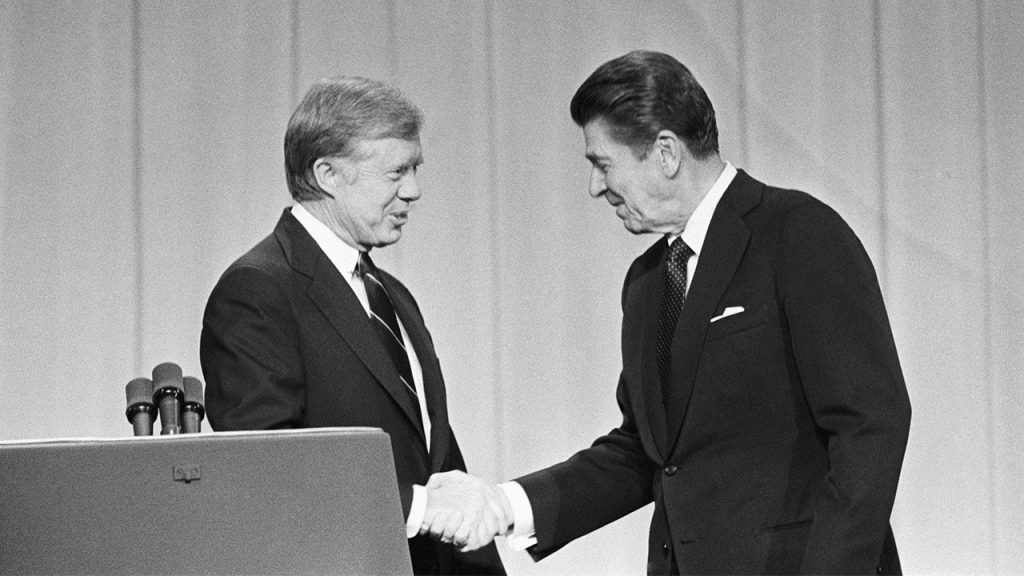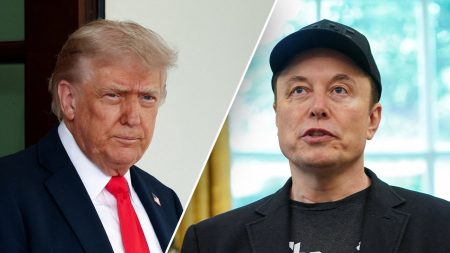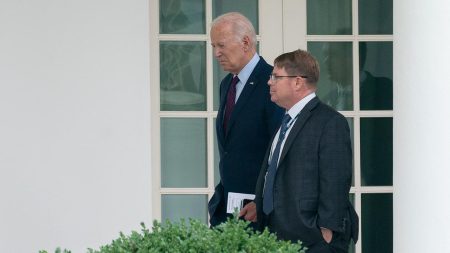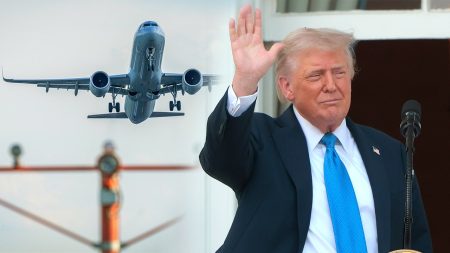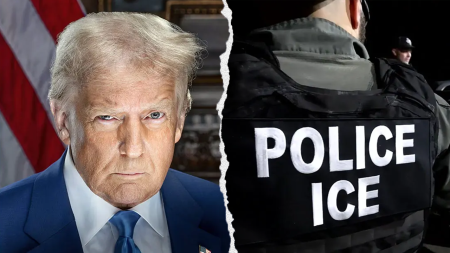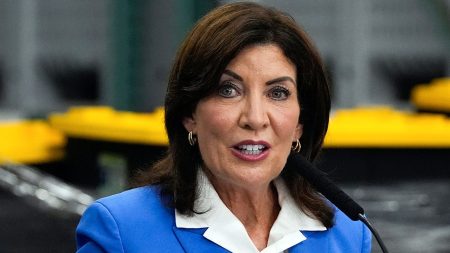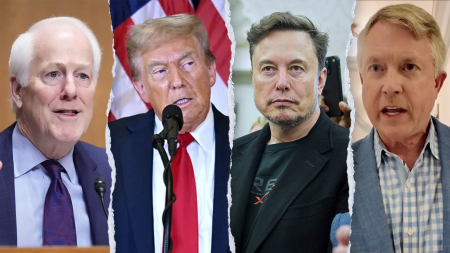Jimmy Carter’s single term as the 39th President of the United States was a complex tapestry woven with both significant achievements and formidable challenges. He brokered the historic Camp David Accords, a landmark peace agreement between Israel and Egypt, a feat that earned him widespread acclaim and a Nobel Peace Prize. He also played a crucial role in the SALT II treaty, aiming to curb the escalating nuclear arms race with the Soviet Union, and finalized the Panama Canal Treaties, transferring control of the canal to Panama, ending a century of American dominance. Domestically, Carter spearheaded deregulation of the airline industry, fostering competition and ultimately benefiting consumers. These accomplishments marked him as a president dedicated to diplomacy and reform.
However, Carter’s presidency was also beset by a confluence of crises that ultimately defined his time in office and contributed to his defeat in the 1980 election. Internationally, he grappled with the Sandinista revolution in Nicaragua and the Soviet invasion of Afghanistan, events that reignited Cold War tensions and led to the US boycott of the 1980 Moscow Olympics. Domestically, his administration struggled to contain runaway inflation, termed “stagflation,” and a crippling energy crisis that resulted in long gas lines across the country, evoking memories of the Great Depression. These crises created a pervasive sense of national unease and eroded public confidence in Carter’s leadership.
In July 1979, amidst these mounting challenges, Carter delivered a nationally televised address, later dubbed the “malaise” speech, although the word itself was never uttered. In his address, Carter sought to rally the American people, calling for a renewed sense of national unity and shared sacrifice to overcome the nation’s difficulties. He implored citizens to embrace energy conservation and to rediscover a sense of civic duty. While the speech initially provided a temporary boost to his approval ratings, the positive momentum proved fleeting.
Shortly after the address, Carter dismissed several cabinet members, a move that was perceived as a sign of disarray within his administration. This action, coupled with the ongoing economic woes and international tensions, further weakened his standing with the public. The subsequent seizure of the American embassy in Tehran and the ensuing Iranian hostage crisis dealt another devastating blow to Carter’s presidency, solidifying the perception of American weakness on the global stage.
The confluence of these events created a political climate ripe for change. In the 1980 presidential election, Carter faced a formidable opponent in Ronald Reagan, who capitalized on the nation’s discontent and projected an image of strength and optimism. Reagan’s campaign effectively portrayed Carter as a weak and ineffective leader, unable to navigate the complex challenges facing the country. The economic hardship, symbolized by high inflation and interest rates, coupled with the protracted Iranian hostage crisis, fueled a desire for change among the electorate.
The result was a landslide victory for Reagan, who captured 44 out of 50 states. Carter’s single term in office became a case study in the political consequences of economic instability and perceived foreign policy weakness. While his achievements in the Middle East and with the Panama Canal were undeniable, they were overshadowed by the prevailing sense of crisis that gripped the nation. The “malaise” speech, intended to inspire, became a symbol of the challenges that ultimately defined his presidency. Historians and political analysts continue to debate the long-term impact of Carter’s policies, but his legacy remains inextricably linked to the economic and international turmoil of the late 1970s.




